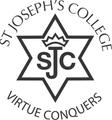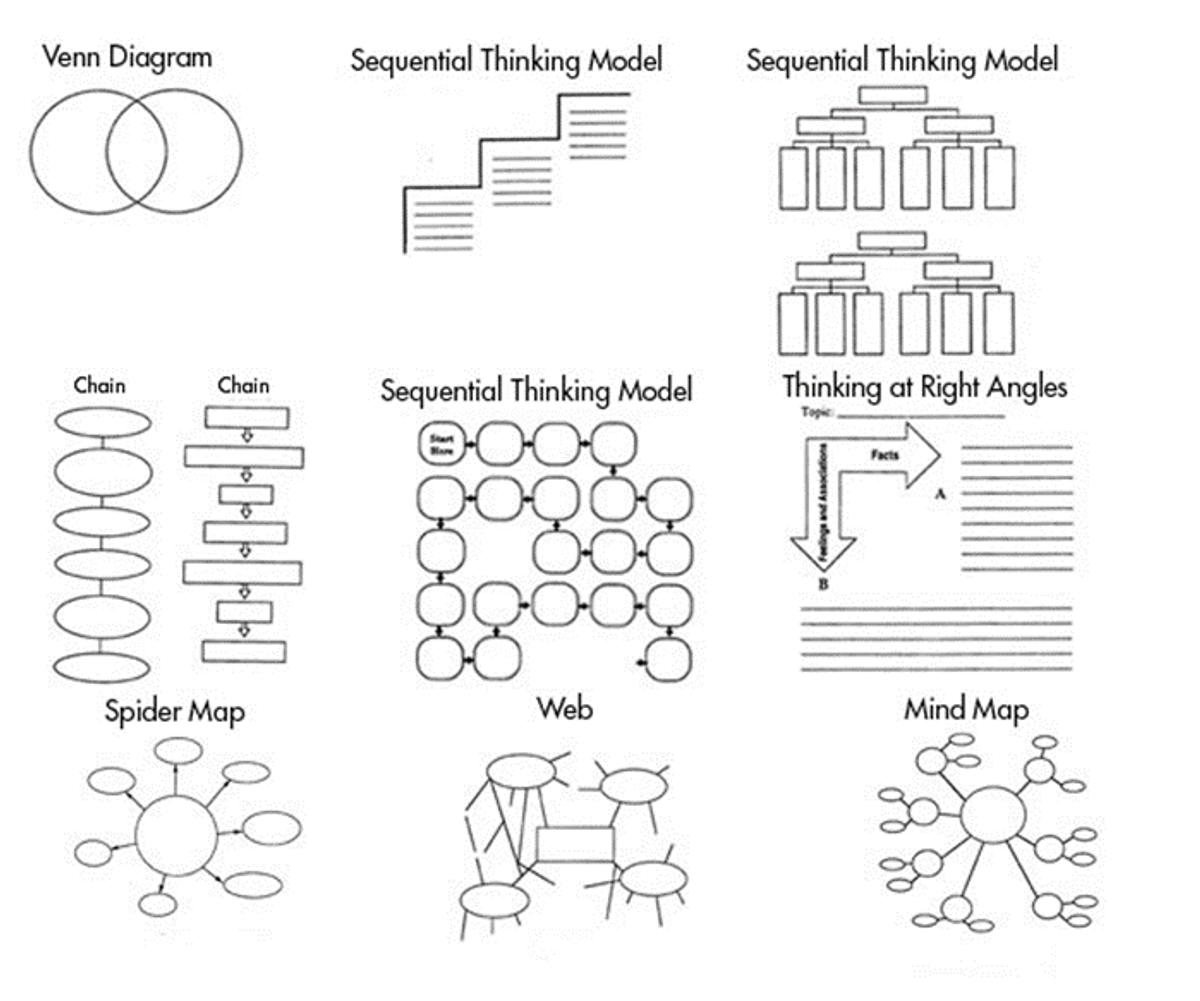DEPUTY PRINCIPAL LEARNING AND TEACHING

SCHOLARSHIPS
In 2017, the college introduced a scholarship program to encourage and support the continued education of dedicated and hard-working students. This has been a fantastic success, and it is great to be able to recognise and support the students in this manner.
To encourage excellence and to acknowledge our diverse student population, the college is excited to offer a number of scholarship opportunities for our students as they move into Years 11 and 12. Scholarship applications will open late in Term 2, with the process concluding during Term 3.
Year 11 Founding Sisters of Mercy Scholarships
As in previous years, we are offering the Year 11 Founding Sisters of Mercy Scholarships. The college presents nine $1,500 scholarships annually to Year 10 students transitioning into Year 11 at the college who respect and display our Mercy Core Values and who have shown excellence both in their academic and personal school life.
Mercy Academic Internal Scholarships
The college has introduced the Mercy Academic Internal Scholarships, which are offered on the basis of academic merit, to students continuing Years 11 and 12 at the college in 2024 and 2025. These scholarships have a tenure of two years. The scholarships are for the remission of 50% of the global fee each year of the scholarship and are offered to a limited number of Year 10 students ranked in the top ten percent of the Year 10 cohort.
Continuing from previous traditions, the VCE VM Excellence Scholarship and the Postgraduate Year 12 Award Scholarships will be awarded to the most successful graduating students of 2023.
Please click on the link below to view our 2024 Scholarship Information Booklet.
REPORTS AND PARENT ACCESS MODULE (PAM)
It is hard to believe that the end of Term 1 is fast approaching. Staff are currently working on completing mid-semester reports for our students. These will be available for parents to view or download on the last day of term, Thursday April 6 after 4:00pm, via the Parent Access Module (PAM).
The Term 1 holidays are an excellent opportunity to sit down with your child and discuss how school is going. Fortunately, there is still plenty of time to address any concerns you may have at this time of year.
Reading through the report with your child has many benefits. It will provide a stimulus for discussion/dialogue and allow parents to become more involved in their child’s education. Talk to your child about what the report is saying. If you have any queries, Parent, Student and Teacher Conferences will take place early in Term 2 on Tuesday May 9.
One of the most significant aspects of the Mid-Semester Reports is the invitation to Parent, Student and Teacher Interviews. The teacher may indicate that an interview is "requested"; however, all families are invited to these interviews regardless of whether a request appears on the report.
The day of the Conferences (May 9) is a Home Study Day for all students so that staff can conduct meetings and students can attend meetings with their parents. We value and encourage parents' input and support for their child and education.
Bookings for Parent, Student and Teacher Conferences can be made from 3:00pm on Thursday April 6 until 3:00pm on Friday April 21. We are offering face to face or online meetings. If you have chosen to attend the meeting in person, meetings will be held at the Enright Campus in the McAuley Maths/Science area.
Information has been included below to assist with the booking process. I encourage you to include your child in the meeting because we have found this beneficial to the discussion. It has been proven that the partnership between the student, the family and the college factors primarily in positive student learning outcomes. Parent, Student and Teacher Conferences are an essential element of this partnership. We hope you will avail yourself of the opportunity to meet with your child’s teachers.
PARENT TEACHER CONFERENCES – BOOKING PROCESS
Appointments are made through the Parent Access Module (PAM).
- Go to the college website www.sjcmda.vic.edu.au.
- Login > SIMON/PAM > and enter your username and password.
If you are unsure of your login details, please phone the college reception and they will be able to assist.
- Once you have logged into PAM, you will see a tab like the one below. Please click on this.
- If you have more than one child at the college, select the child you wish to make bookings for and you will see a list of their classes.
- Click on the classes you would like to make appointments for, select a time, and click 'Book Interview'.
- After you have made all the appointments you require, you may like to print a booking sheet listing all your interviews. This can be done by selecting the print icon above the booking times.
If you have booked a virtual meeting, a link to the virtual meeting room with each teacher will appear as a live link on the day of the conferences. We strongly recommend that parents join the meeting using the student’s laptop.
ATAR PRESENTATION
To provide a better understanding of how the ATAR works, I presented at the Year 12 Meet the Teacher evening. Below is the link to the presentation, along with the Estimated Study Score Indicator document if you are interested.
Estimated Study Score Indicator
CHARGING LAPTOPS
We ask parents to support their child’s education by checking that their child charges their laptop each evening. If a routine can be established for this, it will mean that they will be able to undertake all work required at school on their laptop the following day.
If students arrive at school with laptops that are not fully charged, it leads to issues with completing their classwork, which impacts their learning.
Thank you for all the support you have shown during Term 1. Let’s work together to build on the positive start to the year.
LIBRARY HOURS DURING SCHOOL HOLIDAYS
The Haenen Library will be open during the Term 1 school holidays for students wanting to study. Library opening hours are Monday to Friday, 8:30am to 4:30pm. Please note the Library will not open on Public Holidays.
YEAR 12 STUDENTS AND REVISION DURING THE HOLIDAYS
We know that for most students, the earlier you start prepping for the exams, the better. That is, revision and prepping for the exams should not just occur at the end of the year in the 3 weeks prior to the exams.
What I would suggest is that for students in Year 12, the Easter holidays are a great time to start the revision process.
There is no one way to best prepare for exams, as we are all individuals and inevitably what works for one will probably not work for everyone. There is a great array of strategies that can be utilised. The trick is to:
- Commit some time in your normal routine to the revision process.
- Work out what revision strategies work best for you and be aware that a strategy that works well for you in one subject might not work for another subject.
I suggest that you start the revision process during the Easter Holidays by using a strategy that you can refer back to in the lead up to the exams at the end of the year. That strategy might be one of the following:
Past Exam Questions
Students need to practice examination questions, over and over, well-spaced over time. The effect of exploring worked examples or exam answers, as well as writing their own, helps students process, practice and refine their revision to meet the parameters of exam success.
Quizzing
Good old-fashioned quizzing is an ideal vehicle to get students self-testing, which is proven to be a robust revision strategy, so that students can calibrate their knowledge and retain it. There are various types of quizzes, such as short answer, multiple choice, or a hybrid of the two, with different question types suiting different purposes.
Topic Ranking
Students are often not the best judge of their own revision and how effective it may be. By getting students to rank their own knowledge of the topics being revised, they deploy the important metacognitive strategy of evaluating their learning. This helps students better calibrate their revision and monitor their ongoing progress.
Note Taking
Another strategy that utilises the ‘generation effect‘ is the well-known note-taking approach: the Cornell Method. Named after the US university, this strategy gets students thinking metacognitively, asking questions, noting key terms, and summarising the content being revised.
Flash Cards
Flashcards are a very familiar tool used by students. Crucially, however, too many students do not use them effectively. How you design the flash card and use it is critical. If you are not sure how to use Flash Cards effectively, I advise speaking to a teacher.
Graphic Organisers
Students need to be active in revision, rather than just reading their notes and doing some colouring in with a rainbow of highlighters. Graphic organisers are a handy vehicle to get students to reconstruct their revision topics by making meaningful links and connections. (In cognitive science, this is labelled the ‘generation effect’.)
Just a Minute
‘Just a Minute’ takes the classic radio game and adapts it to almost any topic, text, or examination revision term. Put simply, students must talk for a minute on the given term/topic without pauses or hesitations. Slips, repetitions or micro pauses lose a ‘life’ – three strikes and you’re out. This strategy harnesses the ‘self-explanation effect’. In short, if you can elaborate on a topic and explain it well, you have retrieved it from memory – a good revision act – as well as likely consolidating it, too.
Prepare to teach
Similar to ‘Just a Minute‘, the ‘Prepare to teach‘ strategy involves the common idea of getting students to teach a peer a topic/term from their revision. Once more, it gets students to elaborate on their knowledge. Even expecting to teach appears to have a positive impact on students learning material, so this seemingly inconsequential tweak can have very beneficial effects.
Select, Elect
Another revision strategy that gets students thinking hard about their revision is ‘Select, Elect’. In simple terms, students ‘select’ the most salient facts, ideas, concepts, or terms, from a given revision topic. Then, they must ‘elect’ what they deem the most significant knowledge or idea/concept that they need to understand for their examination. This gets students actively engaging with their revision material, whilst being metacognitive about what is the most salient information they need to remember.
Summarising
Ad hoc note taking and highlighting text and lesson notes have been shown to be a less effective form of revision, but still better than doing no revision at all.
Mnemonics
Refers to any technique that helps memory. Slightly more specifically, mnemonic devices are ways of turning information into an easier to remember format. There are no rules to mnemonics, especially for revision. It's just about what works for the individual student.
These are but a few strategies. There are many other strategies out there, so have a look and find something that works for you and get started earlier rather than later.
SKOOLBAG
Another important communication tool that the college uses is 'Skoolbag'. This is a phone app that enables the college to communicate with you in a timely and efficient manner, as well as keep parents up to date with important events, the college calendar and the college newsletter.
Please see instructions in the Newsletter on how to access “Skoolbag”. Please ensure you subscribe to the correct group for 2023. (This is your child’s current year level, e.g., Year 7.)
Mr Greg Kluske
Deputy Principal Learning and Teaching



